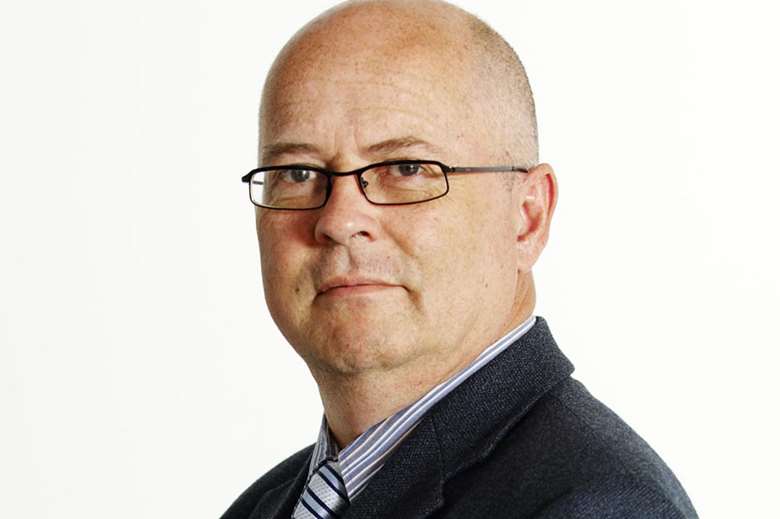DfE confirms grade C English and maths GCSE required for Early Years Educator
Tuesday, February 25, 2014
Only students who have achieved a minimum grade C in GCSE English and maths will be eligible to undertake the new Level 3 Early Years Educator qualifications launching in September.

This follows on from the Government’s stated aim in last year’s More Great Childcare to raise the overall quality of literacy and numeracy skills of those entering the workforce.
It is now confirmed that from 1 August 2014, government funding of Early Years Educator training courses through the Skills Funding Agency will require GCSE English and mathematics, at grade C or above, on entry. Functional skills will not be accepted as equivalents to GCSEs.
Training providers will be required to confirm the learner’s prior achievement of this and record it in the learning agreement before enrolling learners on to early years educator training.
The Early Years Foundation Stage will be amended by the DfE to make clear that to count in the existing staff to child ratios at Level 3, staff holding a new early years educator qualification must also have achieved GCSEs in English/English Language and maths, at grade C or above.
Awarding body CACHE believes that this move could significantly drive down numbers of applications for the Level 3 courses.
Rob Wye, chief executive said, ‘While we recognise the importance of maths and English as a key part of developing a professional workforce for early years, we are concerned that making it a pre-requisite to starting training, rather than to starting employment at the end of the course, will dissuade very many excellent vocational learners among young people and adults from coming forward for the EYE.
‘Many older learners may not have GCSE maths and English. Indeed, we note that there is no option to study the GCSEs alongside the EYE, thus excluding these learners from entering the workforce as an Early Years Educator.’
‘We at CACHE believe that these new requirements will drive down the numbers taking the new EYE – at the very time we need numbers to go up to meet demand, not least because of the new and expanding two-year-old offer.’
The Pre-School Learning Alliance, which has been gearing up to offer the new Level 3 qualification this year, is concerned that the new qualifications requirements will have a destabilising effect on the workforce.
Director of quality and improvement Michael Freeston – who sat on the Nutbrown committee for 2012’s review of qualifications - said, ‘Everyone is agreed that a functioning level for English and maths is required but the issue here is that only GCSEs will now count. That means that those who have achieved L2 through the BTEC or functional skills routes will not qualify.
‘Traditionally many of the people who go in to childcare have not had the most successful academic histories but still go on to develop strong careers. Only 60 per cent of all school leavers achieve a minimum Grade C in English and maths, and our concern is that many of those who have applied to start in September will not meet the criteria.’
He added, ‘There needs to be a period of implementation and transition to ensure that problems do not arise.’
'Low pay'
Voice, the union for education professionals, said that raising the standards and status of the early years workforce was key, but raised concerns that there were no plans for higher salaries for Early Years Educators.
Tricia Prichard, senior professional officer (early years and childcare), said, 'We hope that the resources and capacity will be made available for training existing level 3 practitioners with "functional" skills who have proved themselves as good early years practitioners so that they can achieve the same level. Their skills and experience should not be lost to the profession. They need to have a career path too, otherwise there will be problems for recruitment and retention down the line.'
She added that the DfE was silent on the issue of low wages and lack of career opportunities for childcare professionals.
'What incentive is there to gain the additional qualifications to either enter or remain in childcare without a proper salary and career structure for the early years workforce?
'The sector’s caring nature has been taken advantage of for too long. Those who work in the early years are caring people who go the extra mile in children’s best interest. This should be properly recognised and rewarded.'




